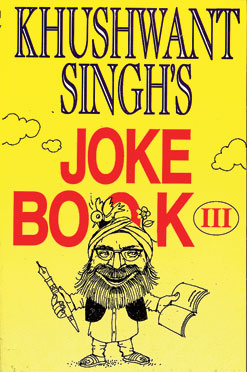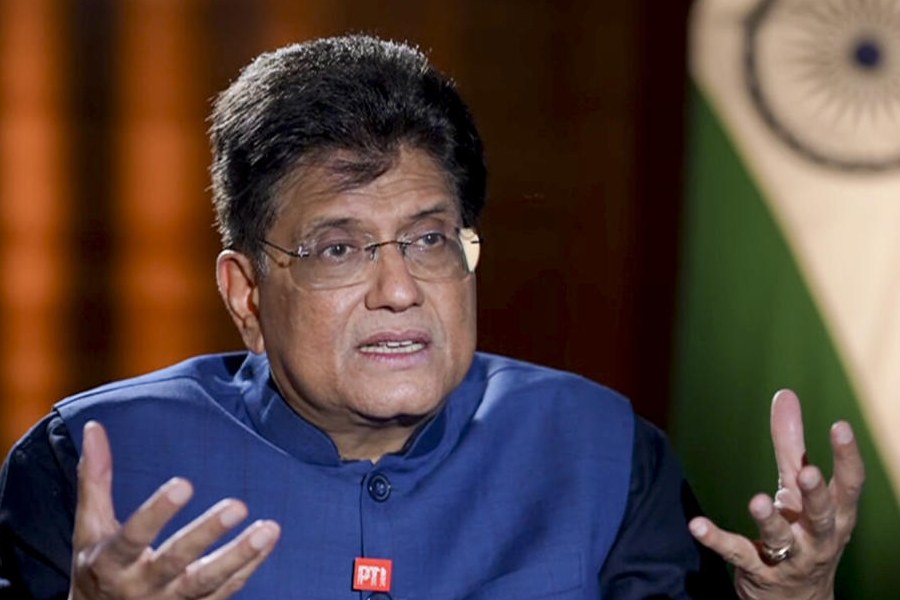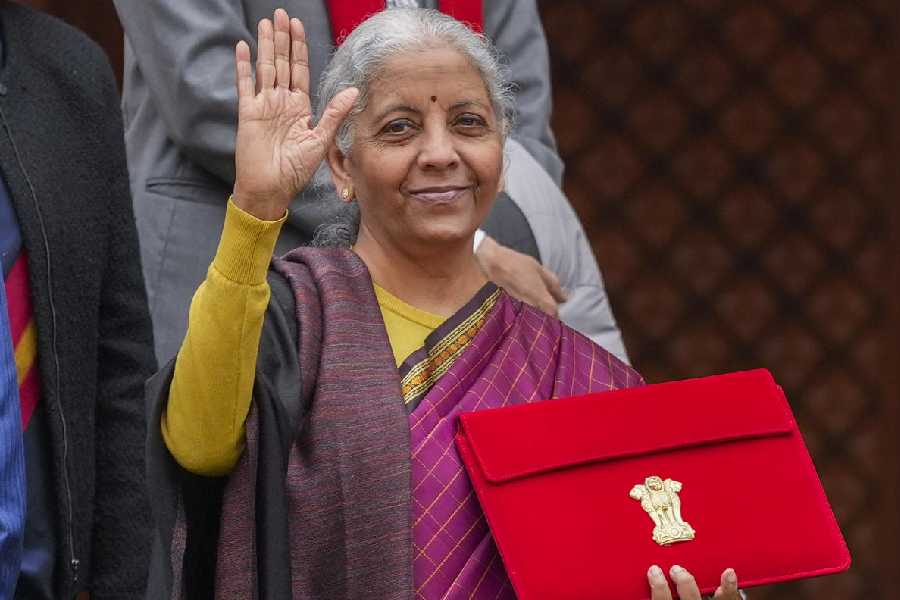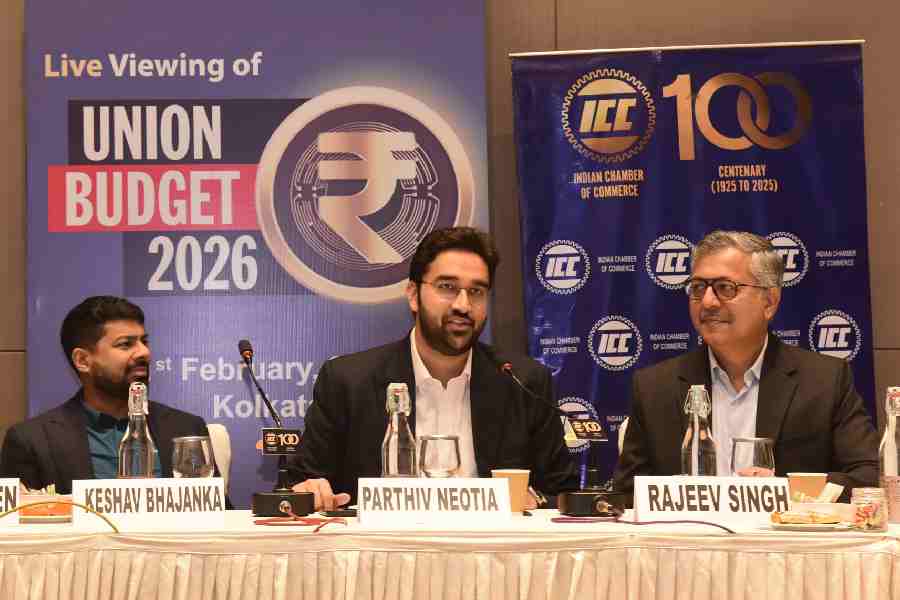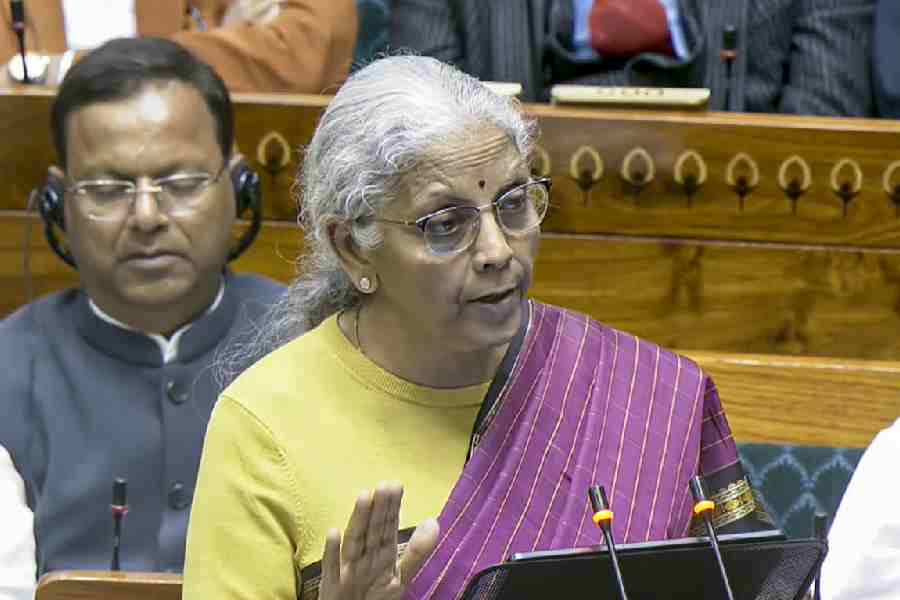
New Delhi, Oct. 30: A Supreme Court bench has agreed to take up a petition seeking a ban on the 5,000-odd websites carrying "Sardarji jokes" and prosecution of their owners under laws carrying up to five-year jail terms.
Petitioner Harvinder Chowdhury, a Supreme Court advocate and a Sikh mother of three married to a Hindu, contended that these jokes portrayed the community as "unintelligent" and made it a target of racist abuse and ridicule in India and abroad.
As the courtroom tittered, the bench of Justices T.S. Thakur and V. Gopala Gowda observed: "But the Sikh community is known for a great sense of humour. They also enjoy the jokes."
Justice Thakur added: "Even (late author and journalist) Khushwant Singh used to write jokes and wrote a book."
But the petitioner stood her ground, saying she didn't mind joke books or a Sikh joke being told at a party but drew the line at the mass media slighting the community.
Her counsel, Ashish Pandey, said such jokes violated the community's fundamental right to life and dignity guaranteed under Article 21 of the Constitution.
Justice Thakur, who headed the bench, initially suggested the matter be referred to a bench headed by Justice J.S. Khehar, a Sikh. But the petitioner insisted that the present bench hear the matter.
At one point, Harvinder said Prime Minister Narendra Modi's recent comment at a Bihar election rally about Biharis being "the most intelligent people" implied that other communities were unintelligent.
"When he (Modi) goes to Punjab, he will say the Sikhs are intelligent people," Justice Thakur said, drawing laughter. The bench then asked senior counsel Abhishek Singhvi, who was present in the court in connection with another matter, for his views.
Singhvi raised a few more guffaws, saying: "My Lord, Poland will be poorer without Polish jokes and India would be poorer without Sikh jokes."
Eventually, the bench agreed to hear the petitioner at length next month.
Harvinder claimed these websites portrayed Sikhs as "stupid", "idiot", "foolish", "naïve" and "inept" and as lacking proficiency in the English language.
She cited how some of the jokes had Sikhs suffering a brain freeze at 12 o'clock although the community attached great significance to the hour.
Harvinder didn't explain the point but according to lore, a Sikh general, Sardar Jassa Singh, would repeatedly attack the armies of invaders like Persia's Nadir Shah (1739) at midnight to free captive Indian women.
Singh chose the midnight hour so that his vastly outnumbered troops could take advantage of the darkness, and his success led to the legend of Sikh invincibility at 12 o'clock - before the jokes turned it upside down.
Harvinder demanded that the owners of websites publishing Sikh jokes be prosecuted under penal code sections 153A (promoting enmity between different communities), 153B (making imputations prejudicial to national integration) and 268 (causing public nuisance).
The sections carry maximum jail terms of one year, five years and six months, respectively.
In May this year, the apex court had decided to examine a plea that sought quashing of the "hate speech" sections -153, 153A, 153B, 295A, 298 and 505 - as unconstitutional. In March, the court had struck down Section 66A of the Information Technology Act that allowed governments to prosecute citizens for "objectionable" Internet posts.
Harvinder said she had moved the apex court after the Centre failed to respond to her requests to crack down on these websites.
A serious note was introduced into the proceedings when the petitioner, who appeared to be in her late 50s, said she had suffered racist abuse in India, Britain and France for being a Sikh.
Harvinder alleged she was attacked with a burning tyre in Delhi during the 1984 attacks on Sikhs and suffered injuries to her left arm before a Hindu family saved her.
She said her son and two daughters hesitated to use "Singh" or "Kaur" with their names fearing ridicule.

